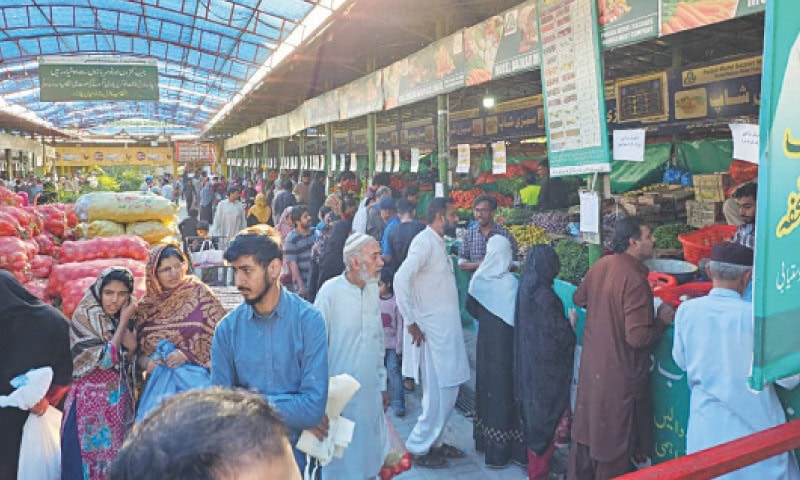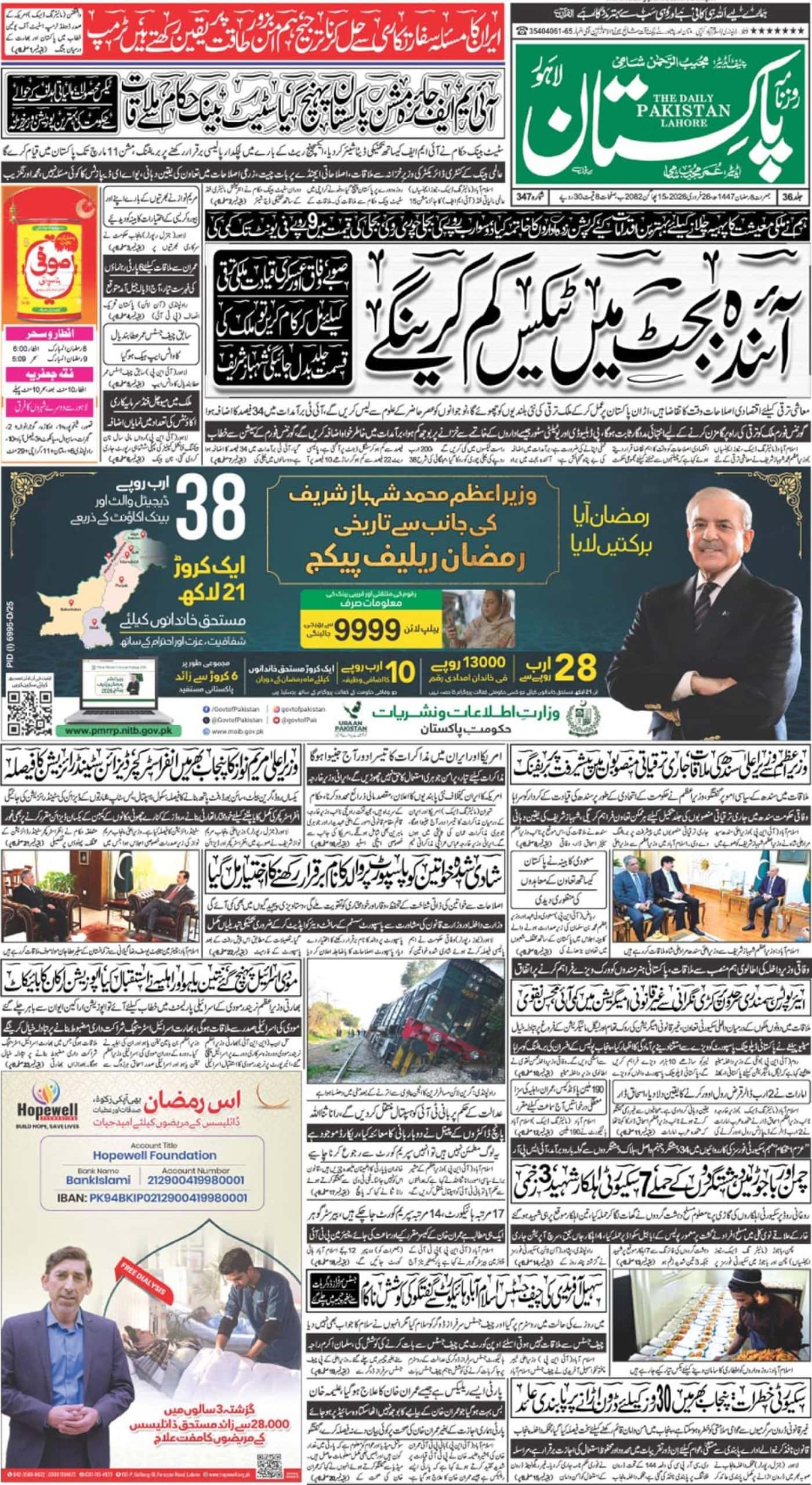The Punjab Model Bazaars Management Company (PMBMC) has launched an initiative reshaping how public welfare projects are designed and delivered. The Free Home Delivery Service, introduced in July 2024 under the leadership of Chief Minister Maryam Nawaz, is quickly becoming one of the most impactful public welfare programs ever seen in the province. In just three short months, this project has set a new standard for government-backed initiatives, offering essential goods at prices lower than the government’s already subsidized rates, all with zero delivery charges.
So, what makes this service stand out? For starters, it’s fully digitalized—operating through a user-friendly mobile application available on both Google Play Store and Apple’s App Store. This means that residents of Punjab can order their daily groceries and essential items from the comfort of their homes, without stepping into the chaotic local bazaars. And, the best part? No delivery charges whatsoever.
This is more than just a convenience. It’s a game-changer for households struggling to make ends meet amid rising inflation. The numbers speak for themselves: between June and October 2024, a staggering 35,883 orders were processed through the service. During this period, the initiative saved the public an estimated PKR 15.46 million, providing an average relief of 35% when compared to market prices. Even compared to the government’s own Deputy Commissioner (DC) rates, the service offered an additional 7% savings, amounting to PKR 3.09 million. This is not a flash-in-the-pan kind of project—it’s the real deal.
What sets this initiative apart from the countless others that have come and gone in Pakistan is its sustainability. Remarkably, these savings were achieved without any government subsidies. In an era where public projects often rely heavily on state funding, PMBMC has delivered a program that runs entirely on internal resources generated by the service itself. This self-sustaining model is a rare success story in a landscape where public welfare initiatives often crumble under financial strain.
Naveed Rafaqat Ahmad, CEO of PMBMC, highlighted this crucial aspect of the project. According to Ahmad, the Free Home Delivery Service is a testament to the financial innovation behind it. Without placing any burden on the government’s coffers, the project is already making a significant impact. The team behind the service has tapped into strategic business practices, ensuring that it remains efficient and accessible to the public while maintaining its financial independence. As Ahmad puts it, “We are delivering goods at prices lower than even the government-notified rates, and that too free of any delivery charges.”
At the heart of this initiative is the vision of Chief Minister Maryam Nawaz, who has been at the forefront of public welfare projects across Punjab. Her leadership, combined with the strategic oversight of Muhammad Afzal Khokhar, MNA and Chairman of Model Bazaars, has turned this initiative into a cornerstone of the province’s welfare agenda. Under their guidance, the service has already expanded its reach, touching thousands of lives and bringing much-needed financial relief to families across Punjab.
In addition to economic benefits, this service has dramatically improved the quality of life for countless residents. Instead of battling through congested bazaars to buy overpriced essentials, people can now receive groceries directly at their doorstep—and at rates lower than the market. In a time when inflation is squeezing budgets tight, this service offers some much-needed breathing room for households struggling to manage their expenses.
It’s also worth noting that this is not just a temporary fix. The success of the Free Home Delivery Service shows that public sector projects don’t have to rely on continuous government funding to be effective. In fact, the self-sustaining model PMBMC has adopted could serve as a template for other provinces and regions in Pakistan. If such projects can run efficiently and continue to provide benefits without draining government resources, they hold the potential to reshape how public welfare programs are conceptualised and implemented.
What’s particularly striking about this project is its ability to address multiple issues at once. It doesn’t just make daily life easier for people, but it also demonstrates how technology can be leveraged for public welfare. By digitising the service and making it accessible through a mobile app, PMBMC has ensured that anyone with a smartphone can benefit from the program. This is a significant step toward a more connected and accessible future, where essential services can reach people wherever they are.
In just a few months, the Free Home Delivery Service has become a flagship program for the Punjab government, earning widespread praise from the public and officials alike. As it continues to expand across the province, it sets the stage for more innovative, digitally driven, and financially sustainable public welfare programs in the future.
This initiative isn’t just about delivering groceries in the grand scheme of things. It’s about providing relief, opportunity, and hope for a better tomorrow. The Free Home Delivery Service proves that with the right leadership and strategic planning, public sector projects can thrive without draining the state’s resources.














